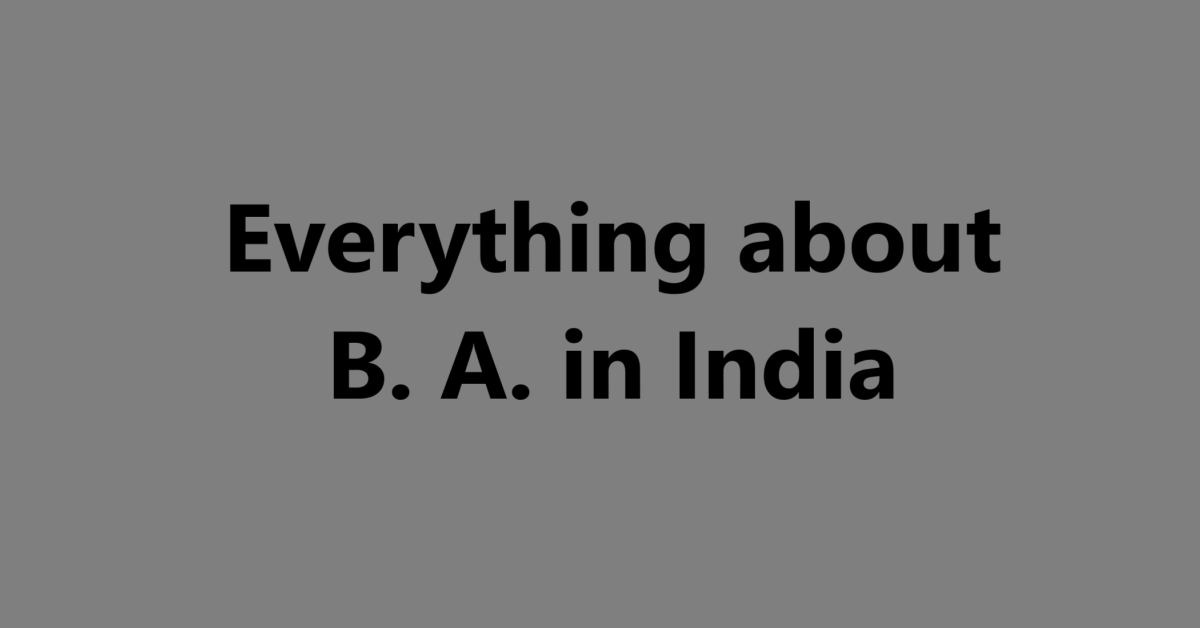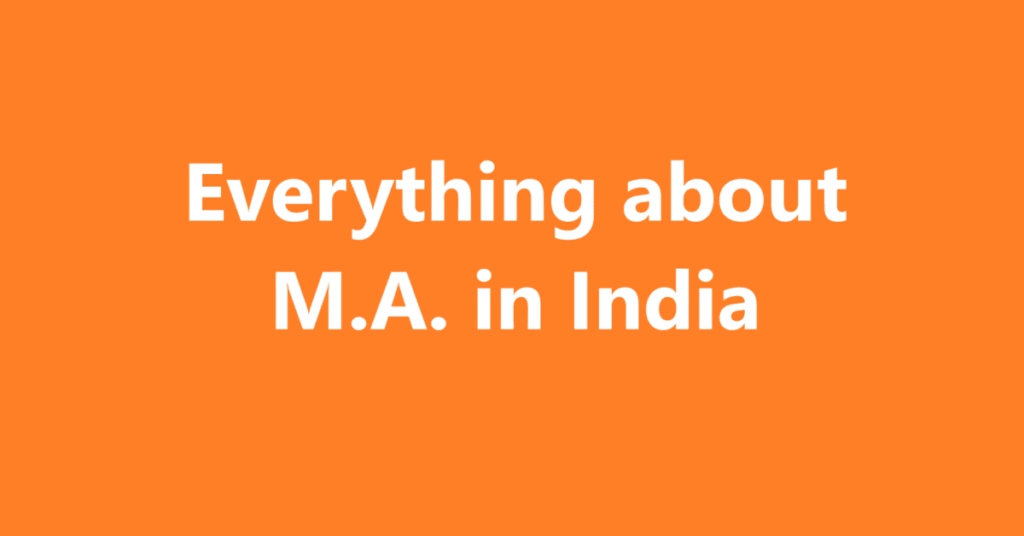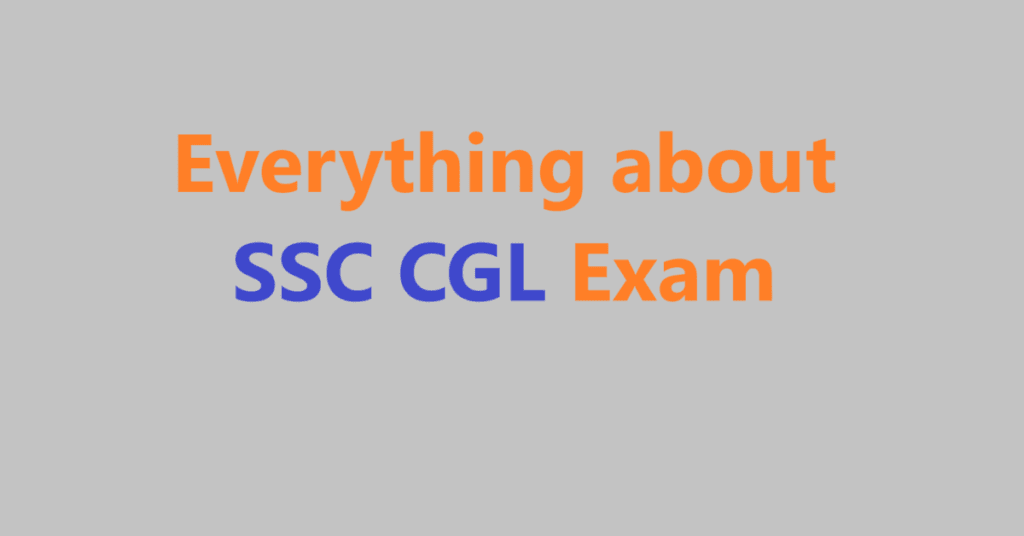A Bachelor of Arts (B.A.) degree in India is a popular undergraduate program that focuses on the study of humanities, social sciences, and liberal arts. Here’s a comprehensive overview of the B.A. program, including its structure, specializations, admission process, and career opportunities.
What is B.A.?
A Bachelor of Arts (B.A.) is an undergraduate degree typically awarded for a program focused on arts and humanities disciplines. The duration of the course is usually 3 years (6 semesters), although some institutions offer 4-year programs with additional opportunities for research or interdisciplinary studies.
Specializations Offered
B.A. programs in India provide various specializations, allowing students to explore their interests in specific fields. Some popular specializations include:
- B.A. in English
- B.A. in History
- B.A. in Political Science
- B.A. in Sociology
- B.A. in Psychology
- B.A. in Economics
- B.A. in Geography
- B.A. in Media Studies
- B.A. in Fine Arts
- B.A. in Cultural Studies
Eligibility Criteria
- Educational Qualification: Candidates must have completed their 10+2 education from a recognized board. There is generally no mandatory stream requirement, although some specializations may have preferred subjects.
- Minimum Marks: Most universities require a minimum aggregate percentage (around 45-50%), which may vary by institution and specializations.
Admission Process
- Entrance Exams: Some universities and colleges conduct entrance exams for admission to their B.A. programs. Examples include:
- University-specific entrance tests
- State-level entrance exams
- Merit-Based Admissions: Many colleges offer admission based on the marks obtained in the 10+2 examinations.
- Application Process: Candidates typically fill out an online application form for the respective universities/colleges, providing necessary documents and paying applicable fees.
Curriculum and Subjects
The B.A. curriculum generally includes a mix of core and elective subjects as well as practical assignments and projects. The typical structure consists of:
- Core Subjects: Fundamental subjects relevant to the chosen major.
- Electives: Courses that allow students to explore additional areas of interest.
- Project Work/Internships: Opportunities to gain practical experience and apply theoretical knowledge.
Career Opportunities
Graduates with a B.A. degree can pursue various career options across sectors, including:
- Higher Education:
- M.A. (Master of Arts) in their chosen field.
- MBA (Master of Business Administration) for those interested in business careers.
- Professional courses like B.Ed. (for teaching) or specialized diplomas.
- Job Opportunities:
- Teacher or lecturer (with further qualifications)
- Content writer or editor
- Research assistant
- Social worker or counselor
- Public relations executive
- Human resources executive
- Event manager
- Journalist or media professional
- Government Jobs:
- Civil Services (UPSC, SSC, etc.)
- Various administrative positions in government departments.
- Positions in public sector undertakings (PSUs).
Skill Development
During the B.A. program, students develop important skills, such as:
- Critical Thinking: The ability to analyze information and conduct research.
- Communication Skills: Effectively expressing ideas through writing and speaking.
- Interpersonal Skills: Working collaboratively and understanding different perspectives.
- Research Skills: Conducting qualitative and quantitative research in various fields.
FAQs About B.A. in India
Here are some frequently asked questions (FAQs) about pursuing a Bachelor of Arts (B.A.) degree in India, along with detailed answers:
1. What is the duration of a B.A. program in India?
A B.A. program typically lasts for 3 years (6 semesters), although some institutions may offer a 4-year program that includes additional research or interdisciplinary studies.
2. What are the eligibility criteria for B.A. admissions?
- Candidates must have completed 10+2 education from a recognized board.
- There is generally no strict stream requirement, but some specializations may recommend specific subjects.
- Many colleges require a minimum aggregate percentage, usually around 45-50%, but this can vary.
3. How can I apply for a B.A. program?
Applications can typically be submitted online through the respective university or college websites. The process usually involves filling out an application form and providing necessary documents.
4. Are entrance exams required for B.A. admissions?
Not all institutions require entrance exams. However, some universities may conduct their own entrance tests or consider state-level entrance exams for admission to their B.A. programs.
5. What specializations are available in B.A. programs?
Common specializations include:
- B.A. in English
- B.A. in History
- B.A. in Political Science
- B.A. in Sociology
- B.A. in Psychology
- B.A. in Economics
- B.A. in Geography
- B.A. in Fine Arts
- B.A. in Media Studies
6. What is the curriculum like in a B.A. program?
The B.A. curriculum typically includes:
- Core Subjects: The main subjects of study related to the chosen major.
- Electives: Additional courses that allow for exploration of other interests.
- Practical Assignments and Projects: Opportunities for hands-on experience.
7. What career opportunities are available after completing a B.A.?
Graduates can pursue various career paths, including:
- Teacher or lecturer (with further qualifications)
- Content writer or editor
- Social worker or counselor
- Public relations executive
- Research assistant
- Human resources executive
- Event manager
- Journalist or media professional
- Government jobs (civil services, administrative roles, etc.)
8. Can I pursue higher education after completing a B.A.?
Yes, after completing a B.A., graduates can pursue a Master of Arts (M.A.) in their chosen field or other professional courses like MBA, M.Ed., etc.
9. Is it necessary to have a specified undergraduate degree for all B.A. specializations?
Generally, a candidate can pursue a B.A. without specific undergraduate qualifications, although certain specializations may prefer candidates with relevant academic backgrounds.
10. What skills are developed during a B.A. program?
Students develop various skills, including:
- Critical thinking and analytical skills.
- Strong communication abilities (both verbal and written).
- Research skills and the ability to conduct independent studies.
- Interpersonal skills and teamwork capabilities.
11. Are there any internships or practical experiences during a B.A. program?
Many B.A. programs integrate internships, projects, or fieldwork components, allowing students to gain practical experience and apply theoretical knowledge.
12. Is there any age limit for pursuing a B.A. degree?
Generally, there is no specific age limit for pursuing a B.A. However, individual institutions may have their own guidelines regarding age.
13. What are the financial aspects involved in pursuing a B.A.?
Tuition fees for a B.A. program can vary widely depending on the institution, ranging from ₹10,000 to ₹1,00,000 per year. Scholarships and financial aid opportunities may be available through various college programs.
14. How should I prepare for entrance exams for B.A. programs?
Preparation involves:
- Reviewing the relevant syllabus and topics.
- Practicing previous years’ question papers.
- Taking mock tests to become familiar with the exam pattern.
Conclusion
A B.A. degree in India provides a solid foundation for various career paths and further studies, emphasizing the importance of critical thinking, communication, and analytical skills. It is a versatile degree that opens up numerous opportunities in diverse fields.


